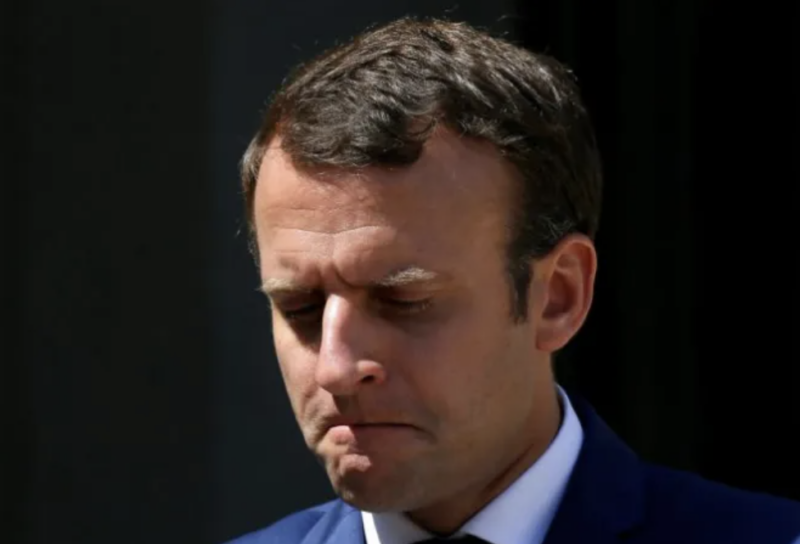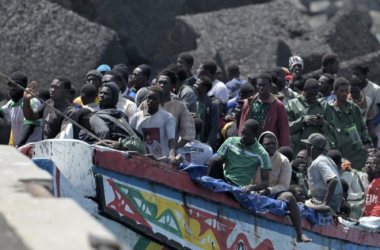France’s mounting economic troubles are setting off alarm bells among investors. On January 7, French 10-year sovereign bond yields soared to 3.40%, marking their highest level since 2011, as reported by Le Figaro.
This spike underscores growing concerns over the nation’s fiscal and political instability, as well as its struggle to navigate a workable budget.
The widening gap between French and German bond yields—a critical indicator of market confidence—tells the tale of mounting disillusionment. In December, this spread reached 88 basis points, fueled by fears of a looming debt crisis and political uncertainty under President Emmanuel Macron’s government. While it has since stabilized at around 86 basis points, the market remains jittery.
France’s financial woes are compounded by domestic unrest, particularly over contentious pension reforms. Macron invoked Article 49.3 of the French Constitution in 2023 to bypass parliamentary approval, raising the retirement age from 62 to 64. This maneuver has drawn fierce backlash from unions and deepened the rift with opposition parties.
Adding to the turmoil, the collapse of Prime Minister Michel Barnier’s government in December further highlights the fragility of Macron’s administration. Barnier’s controversial budget proposal—which sought €60 billion in tax hikes and spending cuts to tackle a 6% deficit—prompted both right- and left-wing opposition to unite in a no-confidence vote.
France’s debt trajectory is alarming. The European Union projects public debt to balloon to 117% of GDP by 2026, far exceeding the EU’s 60% ceiling. Meanwhile, the budget deficit for 2025 is expected to hover between 5% and 6.6% of GDP, despite government pledges to rein it in. With economic growth forecast at a meager 0.9% for 2025 by the French Central Bank, balancing the books looks increasingly out of reach.
Investor skepticism was cemented in December when Moody’s downgraded France’s credit rating to Aa3. The ratings agency cited escalating deficits and doubts over the government’s ability to implement reforms. The downgrade followed months of political upheaval and fears that soaring borrowing costs could soon outstrip even France’s defense budget.
As France faces unprecedented economic pressures, calls for spending cuts and fiscal discipline are growing louder, particularly from the center-right Republican Party. However, with public debt spiraling and political gridlock paralyzing reform efforts, the nation’s financial future hangs in the balance. Investors, it seems, are bracing for the worst.




